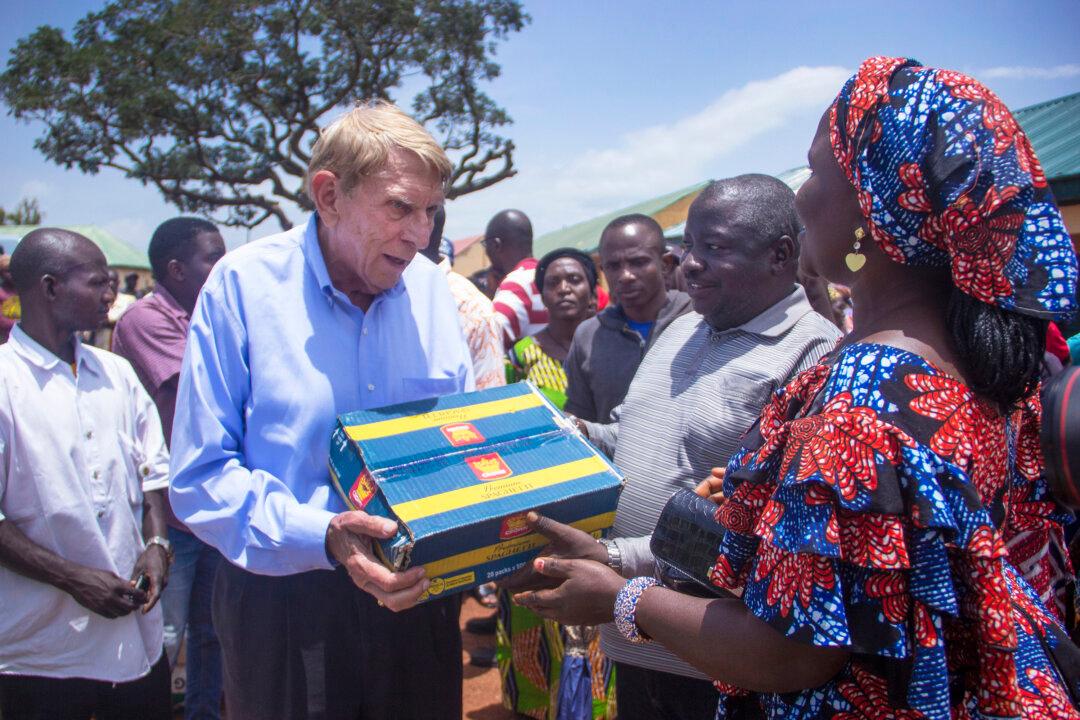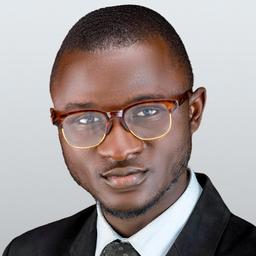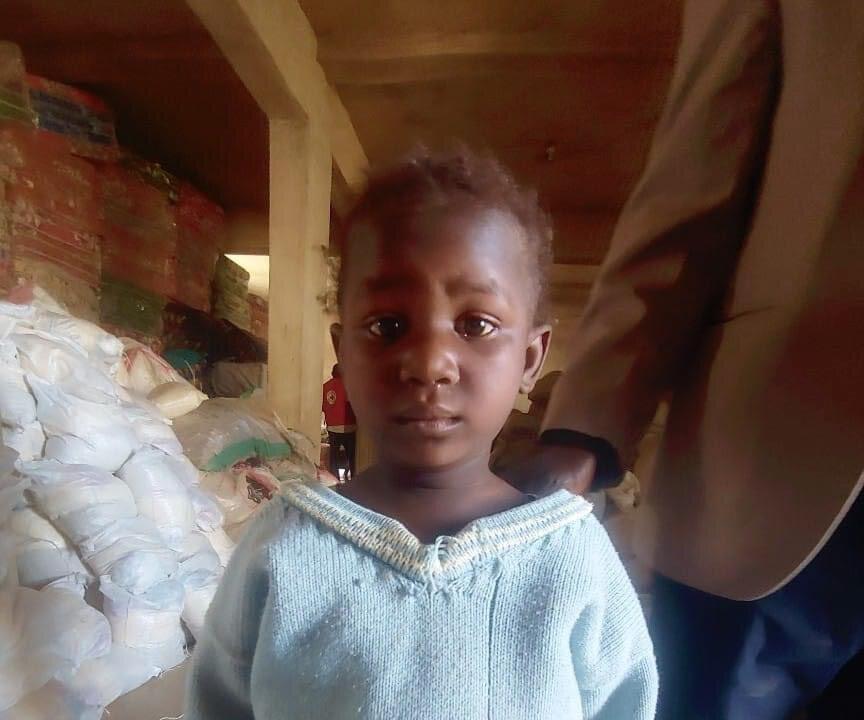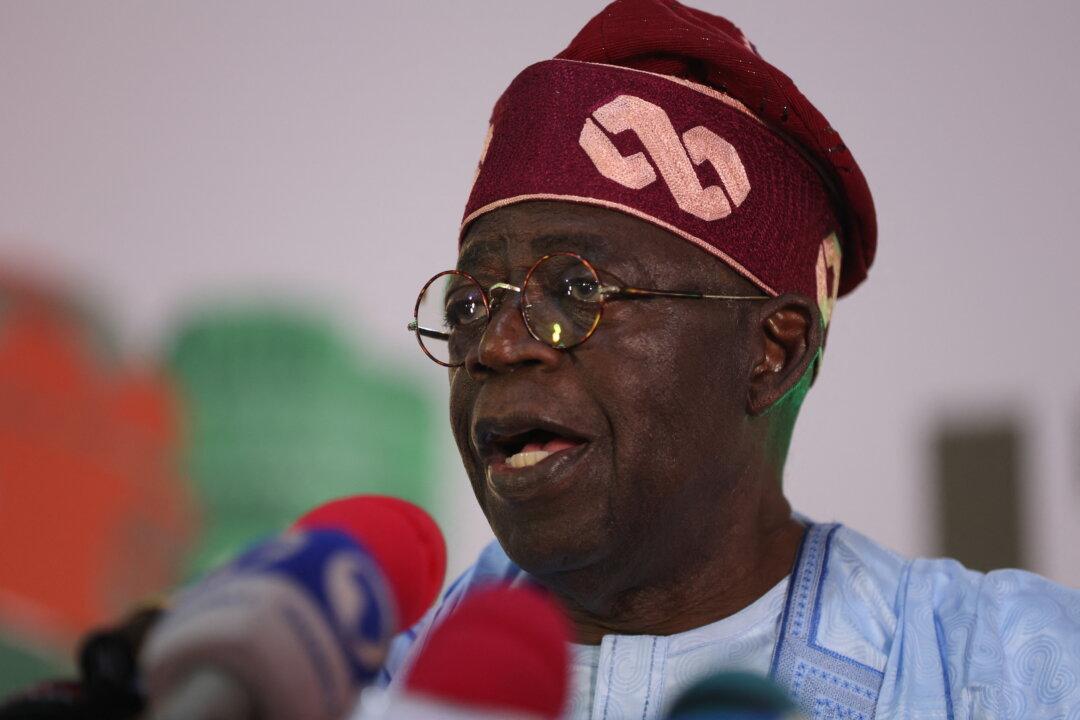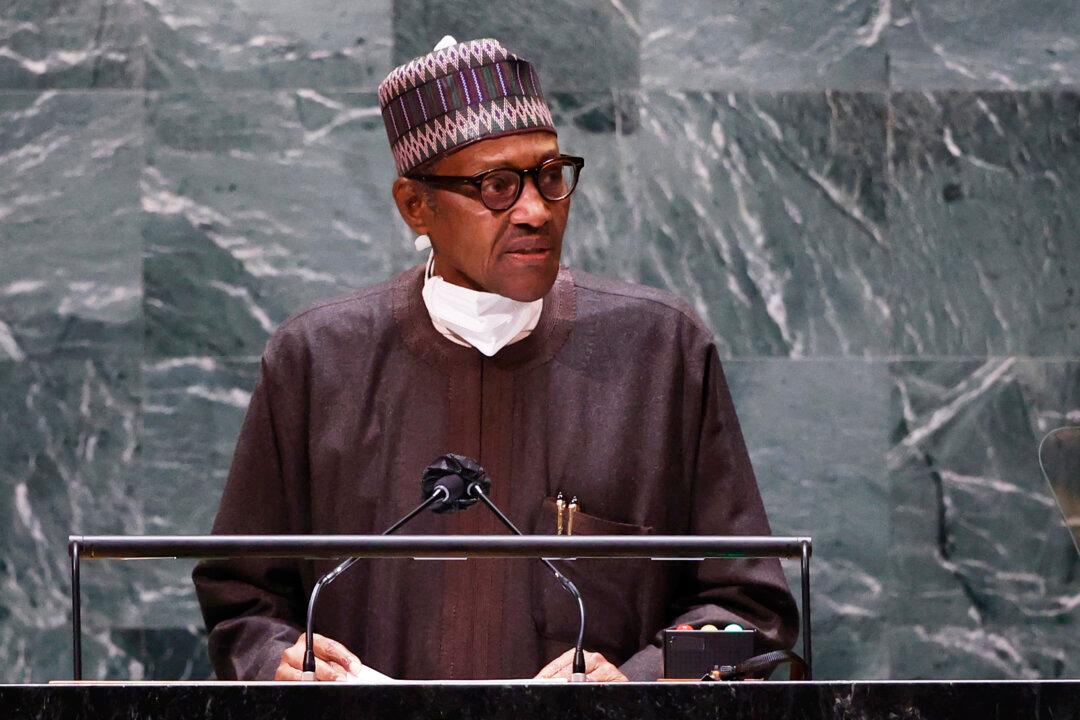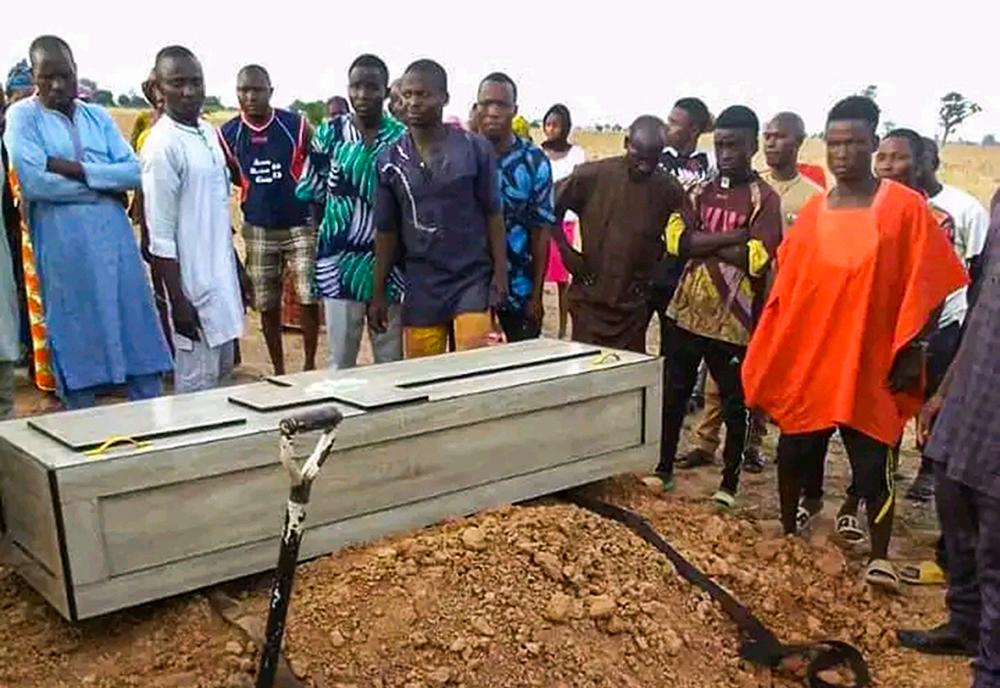JOS, Nigeria—William Murray’s Christian path began in San Francisco with a pivot from atheism. On Sept. 1, 43 years later, The Epoch Times met him in a Nigerian killing field, where widows and orphans live daily in the shadow of the cross.
Mr. Murray, the son of outspoken atheist Madalyn Murray O'Hair, was sleeping in his apartment in San Francisco one night in 1980 when he felt the Holy Spirit direct him to seek truth in the Bible.
